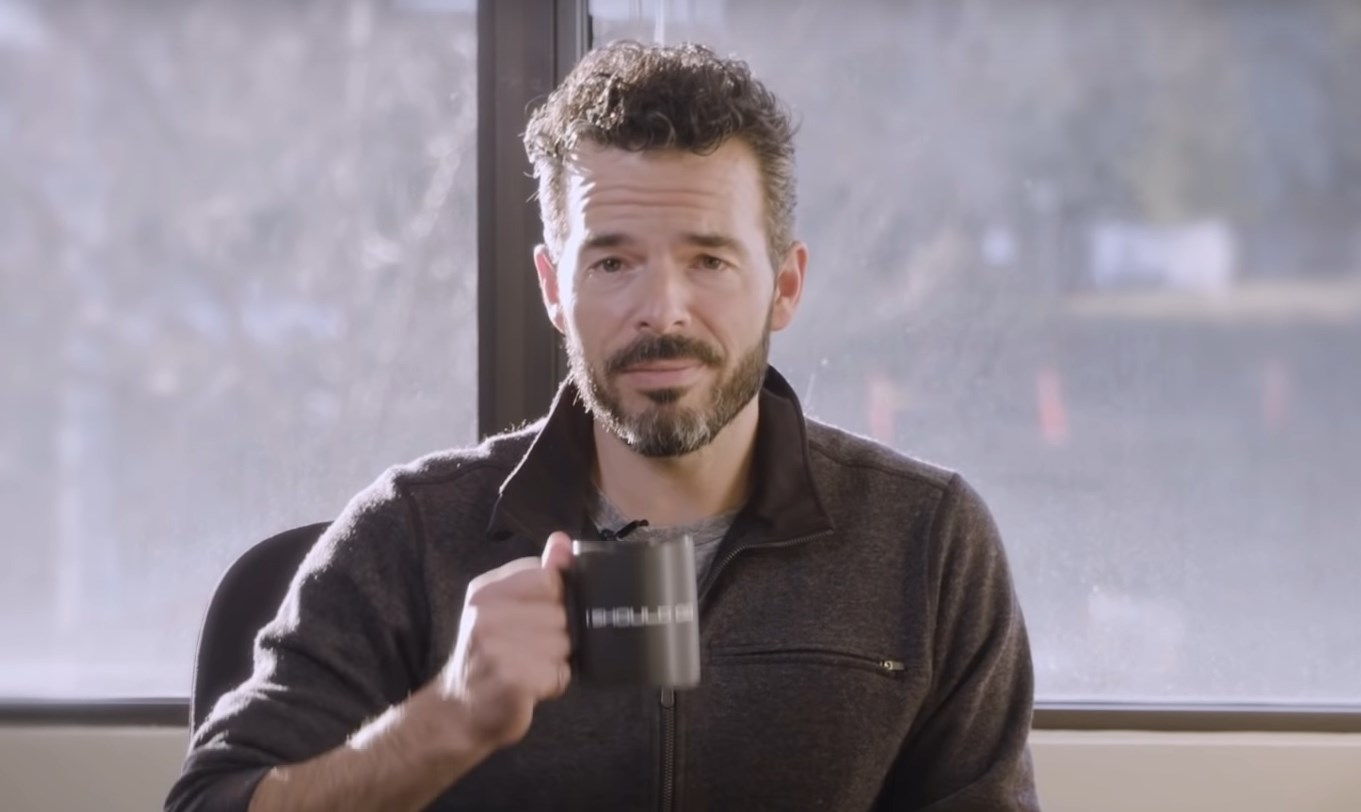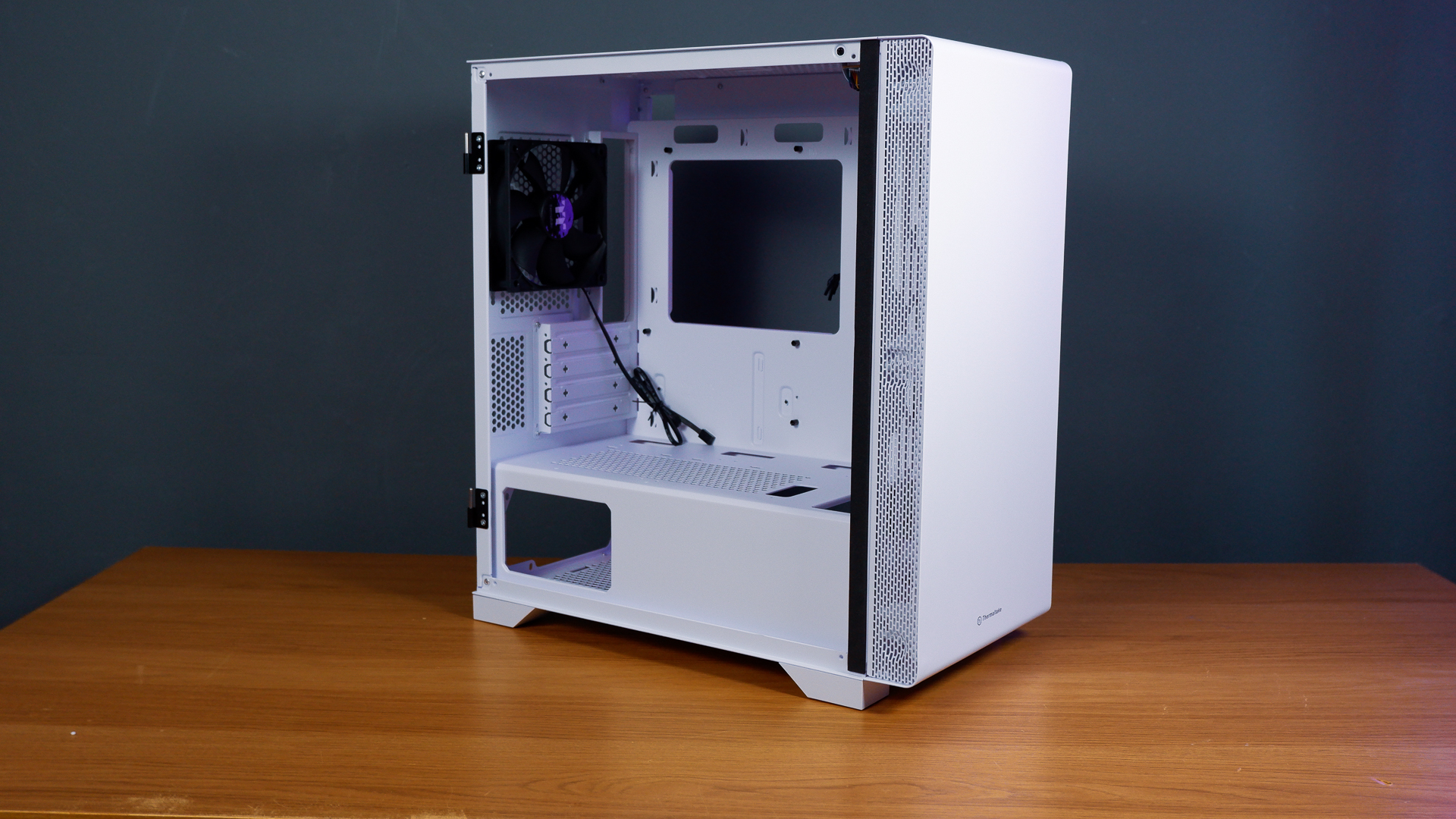BioWare boss Casey Hudson says the studio's problems 'are real'
General manager Casey Hudson said in an internal memo that he's committed to addressing the studio's issues.

Earlier this week, Kotaku ran a report on the troubled development of Anthem, which alleged serious problems at developer BioWare including aimless management, internecine rivalries, and increasingly common incidents of "stress leave" among employees. BioWare issued a hasty public response to the report, but it was so evasive and dismissive that it only served to cast the studio in an even worse light.
Yesterday, however, BioWare general manager Casey Hudson reportedly sent a memo to employees, obtained by Kotaku, clarifying the studio's complaints about the report but also acknowledging that, by and large, it was accurate.
"The article mentions many of the problems in the development of Anthem and some of our previous projects. And it draws a link between those issues and the quality of our workplace and the well-being of our staff. These problems are real and it’s our top priority to continue working to solve them," Hudson wrote.
"What we found out-of-bounds was the naming of specific developers as targets for public criticism. It’s unfair and extremely traumatizing to single out people in this way, and we can’t accept that treatment towards any of our staff. That’s why we did not participate in the article and made a statement to that effect."
Hudson said he knew that BioWare "was experiencing significant challenges in team health, creative vision, and organizational focus" when he returned to become general manager in 2017. His top priority since then has been turning that around and making BioWare "a place where all of you are happy and successful," and while there's still a long way to go he cited changes including an updated studio structure, better role clarity, and depressurized production processes as notable steps in that direction.
"I’m committed to getting us to a place where we are delivering on the highest expectations for BioWare games, through a work environment that’s among the very best in the world," Hudson wrote. "With your help, we will get there."
Hudson's explanation for BioWare's refusal to take part in the report still rings hollow—the only ones really being singled out were management, and taking heat is part of the job description—but his acknowledgment that the studio is struggling is noteworthy in itself, particularly since the original report suggests that Hudson's departure from BioWare in 2014 was a significant factor in its post-Mass Effect 3 decline.
Keep up to date with the most important stories and the best deals, as picked by the PC Gamer team.

Andy has been gaming on PCs from the very beginning, starting as a youngster with text adventures and primitive action games on a cassette-based TRS80. From there he graduated to the glory days of Sierra Online adventures and Microprose sims, ran a local BBS, learned how to build PCs, and developed a longstanding love of RPGs, immersive sims, and shooters. He began writing videogame news in 2007 for The Escapist and somehow managed to avoid getting fired until 2014, when he joined the storied ranks of PC Gamer. He covers all aspects of the industry, from new game announcements and patch notes to legal disputes, Twitch beefs, esports, and Henry Cavill. Lots of Henry Cavill.

